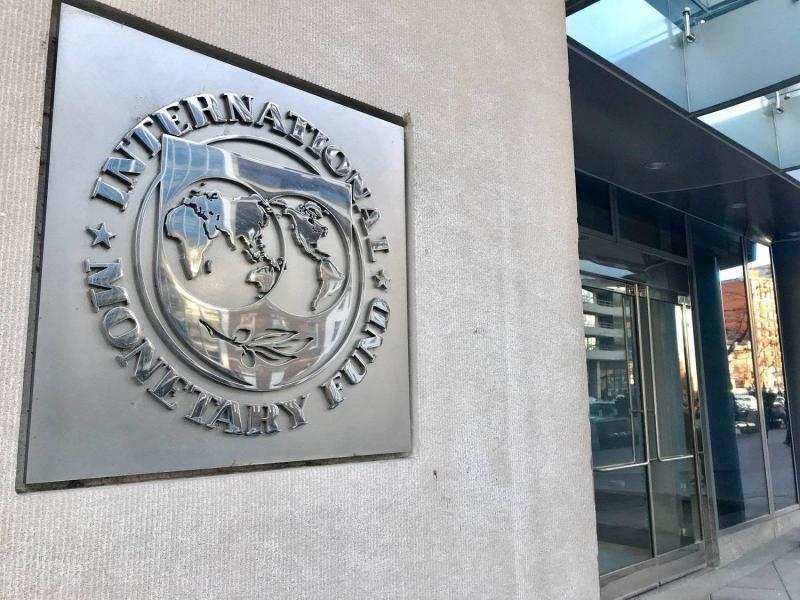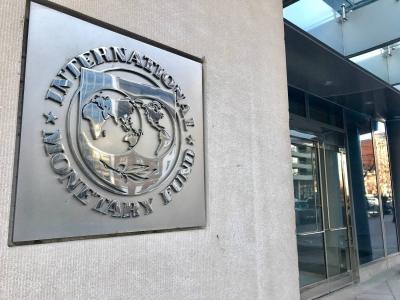A report released by the International Monetary Fund (IMF) on Tuesday stated that growth in wealthy countries is affected by shocks faced by emerging economies in the G20. It added that countries ranging from China, the world's second-largest economy, to Argentina, which is at risk of defaulting on its debt, have become an integral part of the global economy, especially through trade and commodity production cycles, and are no longer "merely passive recipients of global shocks."
The IMF noted in a chapter of its World Economic Outlook report, issued ahead of the upcoming spring meeting of the World Bank and the IMF in Washington, D.C., that "since 2000, the indirect effects of domestic shocks in G20 emerging markets, particularly China, have increased and are now comparable in magnitude to those arising from shocks in advanced economies."
The report indicated that local shocks in China could account for up to 10% of output variation in other emerging markets after three years, and 5% in advanced economies, while shocks in other emerging markets in the G20 can represent up to 4% of variation in other emerging markets and economies.
This interconnected nature of economies highlights the risks that wealthy countries face from shocks in distant countries, but it also underscores the potential boost that wealthy nations can receive if emerging economies regain strength.




